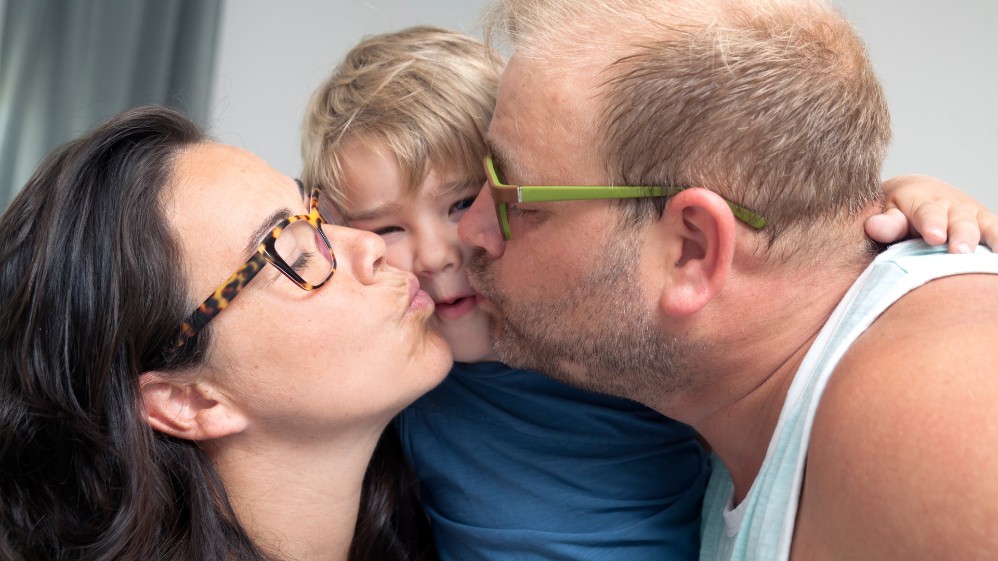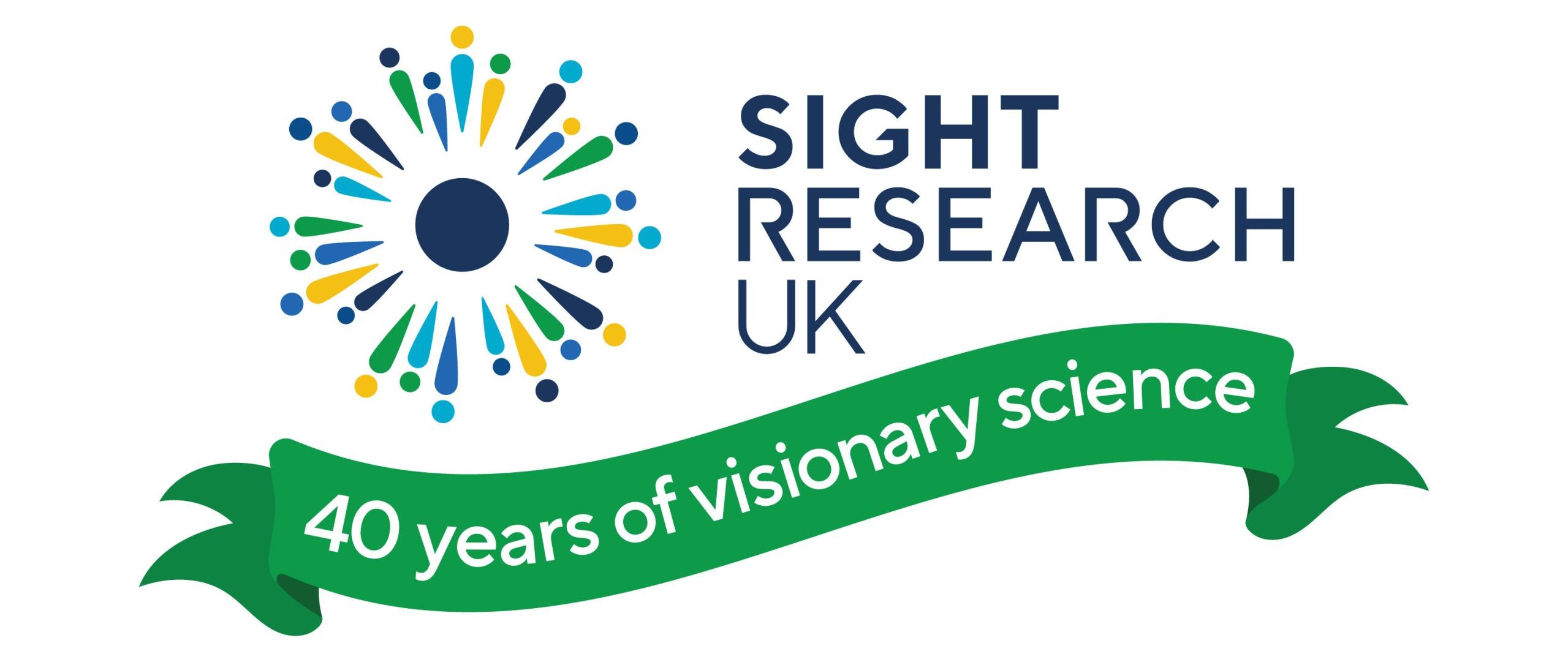National Eye Health week

It’s National Eye Health Week from Monday 22 September to Sunday 28 September 2025! That means it’s the perfect time to learn more about eye health and how vision loss can affect people’s lives.
During these seven days, we have the opportunity to advocate the importance of looking after your eyesight and to highlight all the reasons why #VisionMatters.
Below, find out how you can take action to protect your eyes and prevent avoidable sight loss…

What are key symptoms of eyesight issues to get checked?
There are many different eyesight symptoms. We’ve listed the major issues below, but there could be many more. Remember, if something doesn’t look or feel right, book an eye test with an optician as soon as possible.
Nutrition for keeping your children’s eyes healthy
A balanced diet prevents future vision problems, and they help the eyes children develop. You can find our full list of nutritional advice by clicking below.
Read more about Nutrition For Eye Health at Sight Research UK
Find out more about Sight Research UK’s research into children’s eye health
Children’s eye health is a race against time. Every day, conditions like inherited retinal diseases and amblyopia threaten a child’s future. But through dedicated research, we are making breakthroughs that can change lives forever.
At Sight Research UK, our scientists are working tirelessly to uncover the causes of eye diseases and develop new, life-changing treatments. We are on the cusp of discoveries that could one day prevent sight loss in children.
Loss of peripheral (side) vision
Feeling like you’re looking through a tunnel or missing things out of the corner of your eye.
Difficulty recognising faces or reading signs
A subtle but important sign that central vision may be deteriorating.
Seeing floaters or flashes of light
These may indicate retinal problems and could require urgent attention.
Eye pain or pressure
Especially if accompanied by vision changes, this could be linked to glaucoma or other serious conditions.
Frequent changes in prescription
Needing stronger glasses more often than usual could signal an underlying issue.
Blurry or hazy vision
Difficulty seeing clearly, even whilst wearing glasses or contact lenses.
Sudden loss of vision in one or both eyes
This is a medical emergency and could be caused by conditions like stroke, retinal detachment, or optic nerve damage.
Difficulty seeing in low light or at night
Struggling to adjust to dim environments or experiencing poor night vision.
Distorted or wavy vision
Straight lines appearing bent or objects looking misshapen.
Double vision
Seeing two images of a single object can be a sign of neurological or muscular issues affecting the eyes.
How can we better protect our eyes?
Nutrition
What you eat can impact your health greatly. Your eyes are no exception to this, which is why we have compiled an A-Z guide of foods and drinks scientifically proven to keep your eyes healthy.
The 20-20-20 rule
It is hard to avoid screens, but every twenty minutes we must! By looking at an item roughly 20 metres away for 20 seconds every 20 minutes, you can help guard yourself against eye-straining issues like myopia.
Quit smoking
Giving up smoking can be one of the most impactful decisions you can make towards safeguarding your eyesight. You can learn more about the negative effects of smoking here:
Eye tests
Without professional examination, we can’t possibly know what’s going on behind the surface of our eyes. Even if your vision is fine, it’s recommended that you get your eyes tested every 2 years. But if you have any of the symptoms listed above, you should book an eye test as soon as possible.
Did you know?
In the UK, NHS eye tests are free for many – including children, over-60s, and those on low incomes. Check out the NHS website to find out more about free tests:
Challenges of living with sight loss
When facing a difficult diagnosis, we understand the impact it can have on patients and families alike.
There’s also the everyday strain of a societal failure to address how it can effectively keep those who are living with sight loss protected and empowered. Issues can range from workplace discrimination to transportation issues and even getting access to healthcare services. Many living with sight loss have reported feeling stigmatised and isolated.
Luckily, there are many support services available to support the visually impaired and their families. Here are just a few of the many resources available below:
- Telephone helpline and counselling services available with the RNIB. They also offer a range of information about supporting and destigmatising sight loss issues.
- Local support groups and telephone counselling service with the Macular Society.
Inspiring Stories
There are so many amazing people who have been kind enough to share their experiences of sight loss with us, which you can read about here.
If you have a story to share, we’d love to hear from you via any of the methods below:
- Call us: 0117 325 7757
- Email us: hello@sightresearchuk.org
- Fill out our form.
We have managed to fund over 37 projects in the last 5 years, which have led to promising developments in preventing sight loss. If you are already supporting us, we would like to say thank you.
If you want to become part of helping deliver cutting-edge research aimed at treating and preventing sight loss and providing information about sight issues, please donate today.


